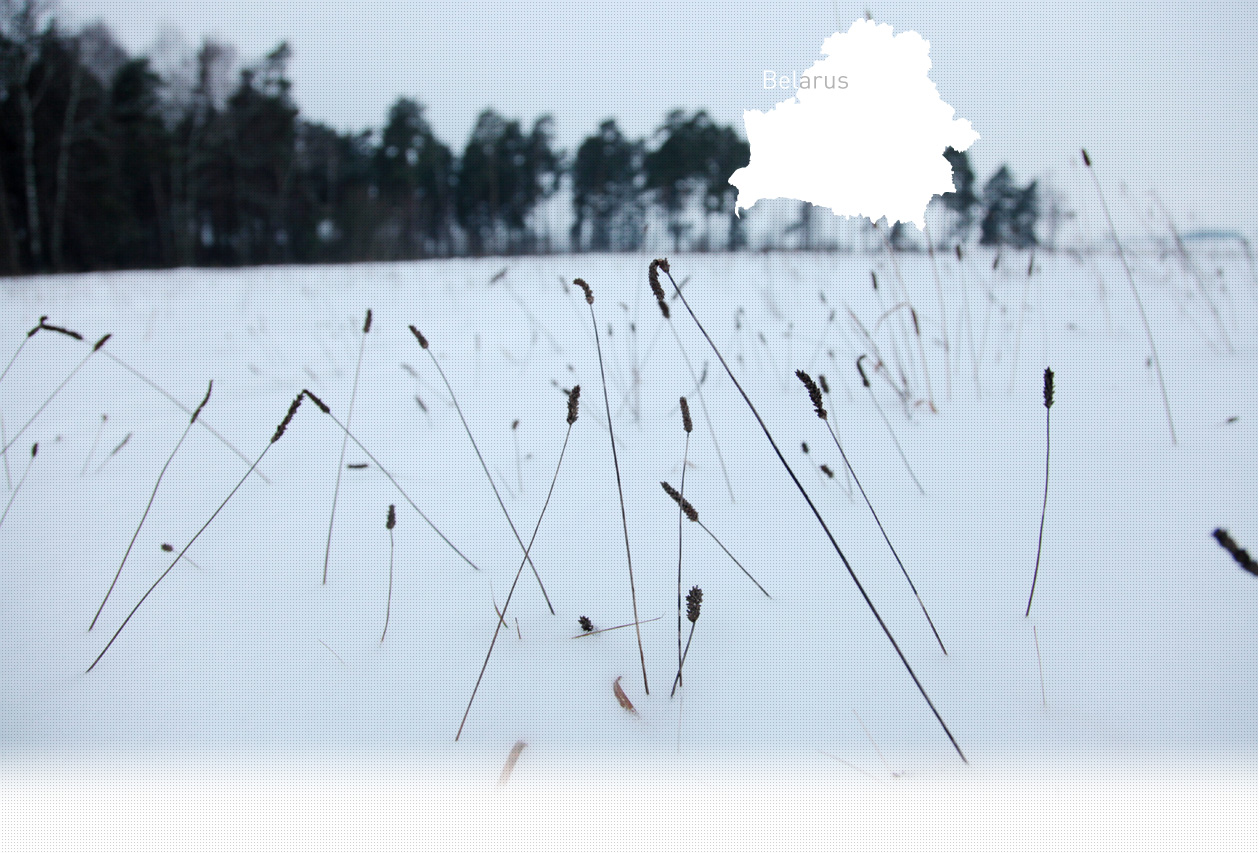

1 Killing site(s)
Antonina P., born in 1935: “My father was requisitioned once. I remember a German came and asked for my father one day. He was dressed in a German military uniform and had a baton on him, but no guns. My father could do nothing but follow him, because otherwise he would have been shot. He was taken to the cemetery to bury the Jews that had been shot in Kokovchino that evening. It was the only time my father was requisitioned. After that, he would go into hiding in the forests to avoid being forced to do different tasks for Germans.” (Witness n°1050, interviewed in Kokovchino, on November 5, 2019)
“In April 1942, early one morning in our village, Kokovchino, nine men from the German gendarmerie under the command of an officer arrived in two carts. I heard the gunshots and people screaming. When I went out on the street I saw Jews being forced out of their apartments and shot dead on the soit. In all, five families, 16 people, were killed. After the shooting, the German gendarmes gave an order to the locals to dig a pit behind the school and bury the bodies there in order to erase all the traces of the shooting.” [Deposition given by Grigoriy V., local resident, to the Soviet Extraordinary Commission; RG.22-002M: GARF 7021-84-2, pp. 91-92]
Kokovchino is located in the Senno district, 38km (24miles) northwest of Orsha. Little is known about the local Jewish community as it was relatively small in size. The Jews mostly lived in the center of the village, owning their homes or renting apartments from the local non-Jewish population. They were involved in small scale trade and artisanal manufacturing. On the eve of war, around two dozen Jews lived in the village, while others were evacuated to Orsha.
Kokovchino was occupied by the Germans in July 1941. The remaining Jews continued to live in their homes freely until the mass execution conducted in April 1942. The Aktion was conducted by the German gendarmerie that had been posted to the village to carry out the execution. All the Jews were forced out of their homes and shot on the spot. Their corpses were gathered and buried in a pit behind the school, dug by requisitioned locals. According to local witnesses, the only survivor of the shootings was Fania Drezin. The partisans were also persecuted by the German occupyers.
Do you have additional information regarding a village that you would like to share with Yahad ?
Please contact us at contact@yahadinunum.org
or by calling Yahad – In Unum at +33 (0) 1 53 20 13 17